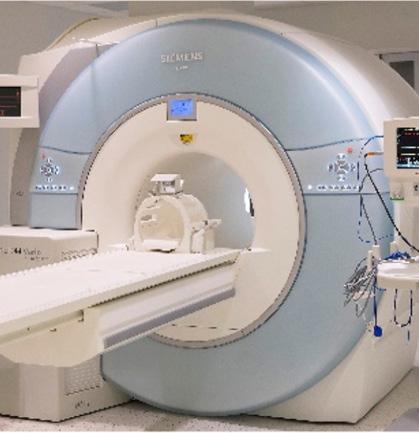
3 minute read
LEADING THE WAY IN GLOBAL ONE HEALTH
Texas A&M’s Global One Health strives to educate the public and cultivate understanding of the synergy among animal, human, plant, and environmental sciences that determines the health and security of individuals and communities around the globe. Promoting cross-disciplinary education and collaborations to students, researchers, policy makers, industry, and the general public is the primary way the program supports its goals. The effects of SARS-CoV-2 and COVID-19 continue to be felt around the world, in spite of the trend toward ignoring it in daily life. But this is far from the only biothreat experienced over the past year. Outbreaks of varying severity of monkeypox, Ebola, polio, measles, dengue, the plague, and more have been tracked. Global One Health prioritizes preventive and on-going pandemic and all-hazards preparedness, working with the willing and able across the spectrum to advance education, research, service, and policy to support public health from the university level up to worldwide.
Leadership
Advertisement
Global One Health actively works as a national thought leader to support pandemic and all-hazards preparedness organizations and coalitions around Texas, nationally, and in the international community. The Coalition of Universities for Global Health, the Global Health Security Agenda Consortium steering group, the One Health Commission, the Bipartisan Commission for Biodefense, the Texas Task Force for Infectious Disease Preparedness & Response, the Texas Department of State Health Services Expert Vaccine Allocation Panel, the Texas Global Health Security Innovation Consortium, and the Medical Countermeasures Coalition are among the groups that Global One Health engages with toward these goals.
Dr. Gerald Parker, the Associate Dean of Global One Health, is an expert in biodefense, biosecurity, and public health preparedness policies and programs with an extended record in public service. After 26 years as a leader the United States Army Medical Research and Development programs/organizations and 10 years in senior executive service at the Department of Homeland Security, Department of Health and Human Services, and the Department of Defense, he changed track by joining the academic world to help attract and nurture next generation leaders for public service in these areas.
Concurrently, he holds the position of Director of the Pandemic Preparedness & Biosecurity Policy Program (P4) at the Scowcroft Institute of International Affairs within the Bush School of Government & Public Service at Texas A&M University. The mandates from both units work in concert to provide key information to the public while bringing together policy leaders, students, academic experts, and the public to consider strategic paths to further global one health concepts, goals, and missions across the spectrum of the private sector, non-governmental organizations, higher education, and government agencies at all levels. A recent example was an expert panel discussion Parker hosted and moderated at the Annenberg Presidential Conference Center on monkeypox. The expert guests were Dr. Robert Carpenter, Dr. Robert Kadlec, Dr. Syrah Madad, and Dr. Jennifer Shuford, and close to two hundred guests attended, both online and in person.
Parker’s status as expert is evidenced by the fact that he is sought after for his expertise, by the media as well as by expert organizations such as the US National Institutes of Health (NIH). He regularly gives interviews with a variety of journalists and is often quoted in their work. He is also sought out for his views by the federal government, the US Congress, and the US Government Accountability Office regarding changes needed in biodefense, biosecurity, and global one health security policies.
As an example, Parker chairs a federal advisory committee that reports to the director of NIH, the National Science Advisory Board for Biosecurity (NSABB). In February 2022, the NIH charged the NSABB with providing recommendations to the US government on policies governing dual use research of concern and high-risk research that could generate enhanced potential pandemic pathogens. This matter sparks intense competing interest from the scientific community, Congress, and the public. A working group of the NSABB that Parker co-chairs has released draft findings and recommendations in NSABB Potential Pandemic Pathogen Care and Oversight (P3CO) Working Group Draft Preliminary Findings and Recommendations.
The Texas A&M Research Compliance and Biosafety's Institutional Biosafety Committee invited Parker to deliver the keynote address at the annual meeting in August on this year. His talk focused on national policy deliberations that will impact dual use research of concern, research with enhanced potential pandemic pathogens, and laboratory biosafety oversight.
Parker also appeared before the US Senate Committee on Homeland Security and Government Affairs in February 2022 and provided a statement for the record, Addressing Gaps in America’s Biosecurity Preparedness. He is also called upon on an ongoing basis to provide his expert opinions on the prevent pandemics and biosecurity draft legislation, as well as other pandemic preparedness issues from the Senate Health Education, Labor, and Pensions, (HELP) Committee.










